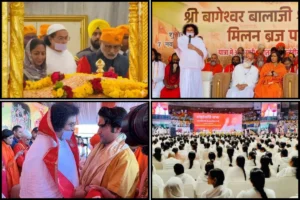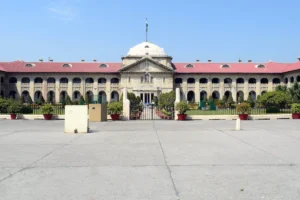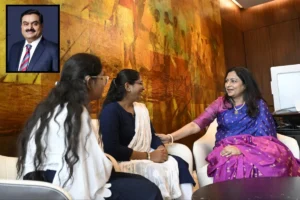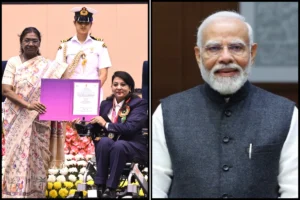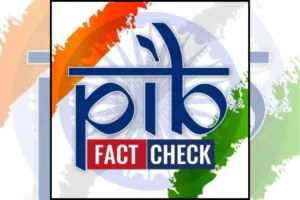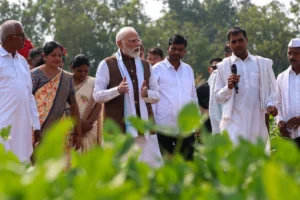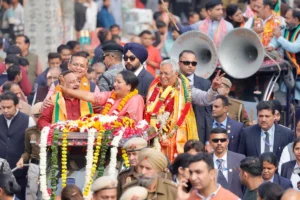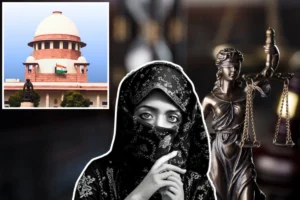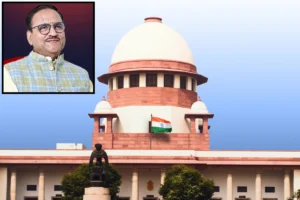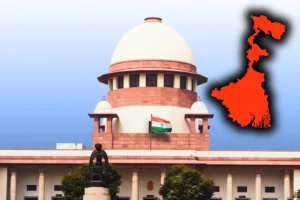
The Delhi High Court has recently issued an order directing Twitter, previously known as X, to remove a series of tweets disclosing private and professional information about a woman who made critical remarks about Uttar Pradesh Chief Minister Yogi Adityanath. The decision, rendered on February 28, 2024, by Justice Prathiba M Singh, emphasizes the need to protect the woman’s privacy and professional reputation.
Background of the Case
On January 17, 2024, the plaintiff woman anonymously tweeted about an interview featuring Adityanath, where he addressed the absence of Shankaracharyas at the Ram temple consecration ceremony in Ayodhya. In her tweet, the woman used abusive language directed at Yogi.
Soon after, the plaintiff found herself subjected to a barrage of objectionable content on various social media platforms, revealing her real name, workplace, and photographs.
Following the removal of the woman’s original post about the Uttar Pradesh Chief Minister and her declaration of refraining from further comments on him, the court issued an order. It mandated the removal of the offensive tweets against the plaintiff and directed the disclosure of basic subscriber information for these X accounts to her.
Court’s Ruling
While acknowledging that the plaintiff’s original posts about the Chief Minister had been removed and she expressed no intention to make further comments, Justice Singh ordered the removal of the offending tweets. The court instructed Twitter to provide the plaintiff with basic subscriber information of the accounts responsible for the tweets within a week.
Also read: Delhi High Court Requests Amit Katyal’s Response to ED’s Interim Bail Challenge
Views on Doxing
The court deliberated on whether the tweets constituted doxing, a form of cyberbullying involving the unauthorized disclosure of private information. While noting that the plaintiff’s tweet was not entirely anonymous, the court emphasized that this did not justify harassment or embarrassment, particularly by contacting her employer.
The judgment highlights the potential dangers of doxing, as it can lead to violations of privacy and real-life repercussions for individuals. The court underscored the need to strike a balance between access to information and safeguarding privacy rights.
Conclusion
In conclusion, the Delhi High Court’s ruling underscores the importance of protecting individuals’ privacy and professional integrity in the digital age. Despite the absence of specific legislation on doxing in India, the court has relied on existing legal principles to provide relief to the aggrieved party.
To read more such news, download Bharat Express news apps








